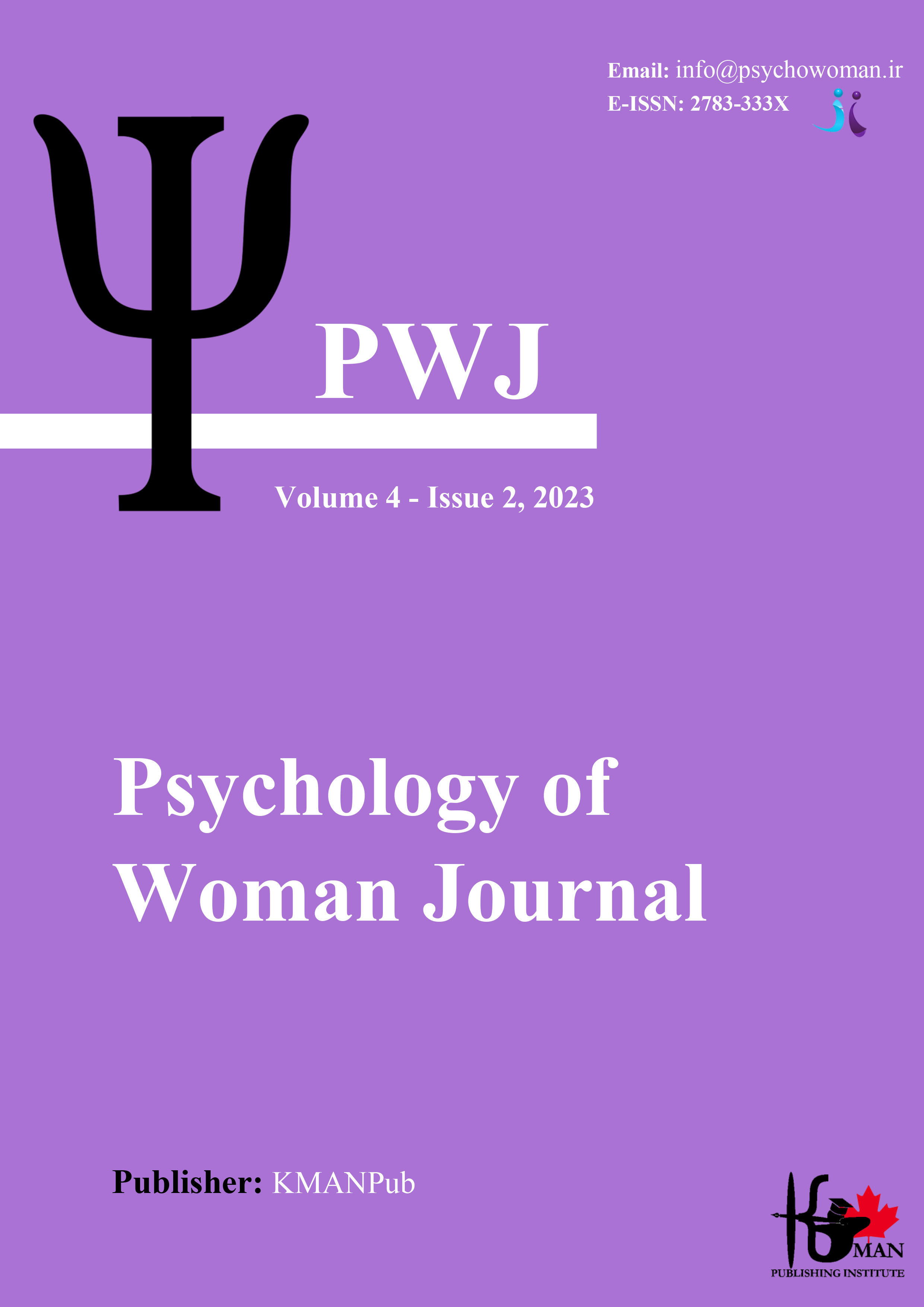Predicting the Inclination to Extramarital Relations Based on Sexual Assertiveness and Spouse Selection Criteria in Married Women
Abstract
Objective: The present research aimed to predict the inclination towards extramarital relations based on sexual assertiveness and spouse selection criteria in married women of Yasuj city.
Materials and Methods: The research method was descriptive-correlational. The statistical population consisted of all married women in Yasuj city in 2022. From this population, 384 individuals were selected through two-stage cluster sampling for the study. Data were collected using questionnaires: the Spouse Selection Criteria by Rafahi et al. (2008), the Extramarital Relations by Whitley (2006), and the Sexual Assertiveness by Halbert (1991). After data collection and extraction, participants' scores were analyzed using Pearson correlation coefficient and multiple regression analysis through the SPSS-24 statistical software.
Findings: The correlation coefficients indicated a significant negative relationship between sexual assertiveness and spouse selection criteria (both content and process) with the inclination towards extramarital relations in married women of Yasuj city. Furthermore, regression analysis showed that sexual assertiveness and spouse selection criteria (content and process) could negatively predict the inclination towards extramarital relations in these women.
Conclusion: The findings of this study confirm the role of spouse selection criteria and sexual assertiveness as predictive variables for the likelihood of inclination towards extramarital relations.
Downloads
Downloads
Published
Issue
Section
License
Copyright (c) 2023 Seyedeh Afsaneh Namazi, Maryam Yavari Kermani (Author)

This work is licensed under a Creative Commons Attribution-NonCommercial 4.0 International License.










